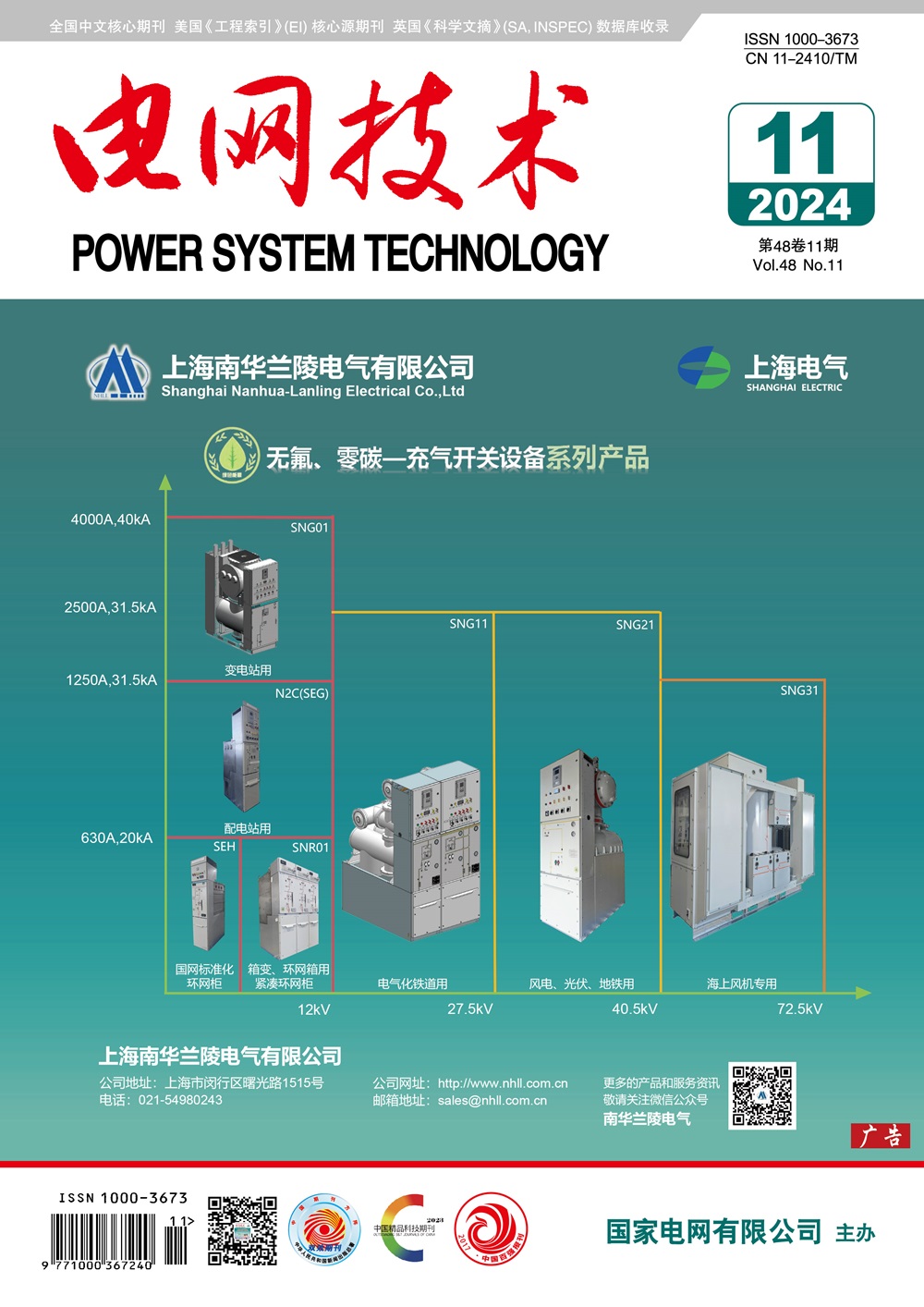Experimental Evaluation of Mechanical Properties, Micro Structure and Post-Fire Strength of Fiber Reinforced Geopolymer Concrete
Q1 Engineering
引用次数: 0
Abstract
Geopolymer mixtures offer an enhanced alternative to implement an eco-friendly solution in construction industry. These mixtures exhibit similar or better mechanical and structural properties in comprising of cement and can use recycling and by-product materials. Against this background, an eco-friendly advantageous were achieved from the engineers and researchers by using waste materials to replace cement and attention to reduce CO2 emission during its procedure. This study attempted to evaluate compressive and tensile strength, micro structure and post-fire characteristic of the geopolymer mixtures. For this aim, the geopolymer mixtures were exposed to elevated temperature between 200, 500 and 800 0C. Then, the post-fire and mechanical behaviour were investigated. The proposed research supported the slight decrease in the GPC's compressive stress by fibres, and the 1.25% PP fibres displayed the least performance, indicating nearly 13% decrease than the unreinforced mixtures. As exhibited by the post-fire behaviour of mixtures, the GPC's compressive strength increased first for all mixes but in the range of 400 - 800°C it decreased at a higher rate because of the geopolymer matrix-related dehydration. Besides, fiber melting under high temperatures and the thermal reaction procedure related to free water evaporation reduce the mechanical properties under temperatures ranging from 400°C to 800°C. DOI: https://doi.org/10.52783/pst.349纤维增强土工聚合物混凝土力学性能、微观结构和火烧后强度的实验评估
土工聚合物混合物为建筑业提供了一种更好的生态友好型解决方案。与水泥相比,这些混合物具有相似或更好的机械和结构特性,并且可以使用回收材料和副产品。在此背景下,工程师和研究人员通过使用废料替代水泥,实现了生态友好的优势,并注意在使用过程中减少二氧化碳的排放。本研究试图评估土工聚合物混合物的抗压和抗拉强度、微观结构和火灾后特性。为此,将土工聚合物混合物置于 200、500 和 800 摄氏度的高温下。然后,对着火后的机械性能进行了研究。研究结果表明,纤维可使 GPC 的压缩应力略有降低,其中 1.25% 的聚丙烯纤维性能最低,比未增强的混合物降低了近 13%。从混合物着火后的表现来看,所有混合物的 GPC 抗压强度都会首先增加,但在 400 - 800°C 范围内,由于土工聚合物基质脱水,抗压强度的下降率较高。此外,高温下的纤维熔化以及与自由水蒸发有关的热反应过程降低了 400°C 至 800°C 温度范围内的机械性能。DOI: https://doi.org/10.52783/pst.349
本文章由计算机程序翻译,如有差异,请以英文原文为准。
求助全文
约1分钟内获得全文
求助全文
来源期刊

电网技术
Engineering-Mechanical Engineering
CiteScore
7.30
自引率
0.00%
发文量
13735
期刊介绍:
"Power System Technology" (monthly) was founded in 1957. It is a comprehensive academic journal in the field of energy and power, supervised and sponsored by the State Grid Corporation of China. It is published by the Power System Technology Magazine Co., Ltd. of the China Electric Power Research Institute. It is publicly distributed at home and abroad and is included in 12 famous domestic and foreign literature databases such as the Engineering Index (EI) and the National Chinese Core Journals.
The purpose of "Power System Technology" is to serve the national innovation-driven development strategy, promote scientific and technological progress in my country's energy and power fields, and promote the application of new technologies and new products. "Power System Technology" has adhered to the publishing characteristics of combining "theoretical innovation with applied practice" for many years, and the scope of manuscript selection covers the fields of power generation, transmission, distribution, and electricity consumption.
 求助内容:
求助内容: 应助结果提醒方式:
应助结果提醒方式:


